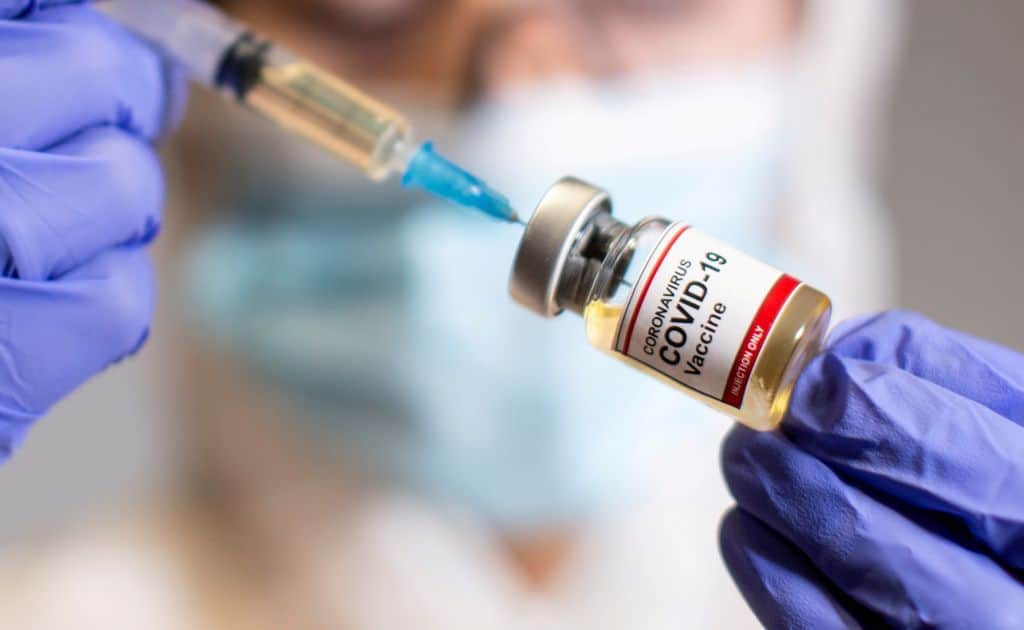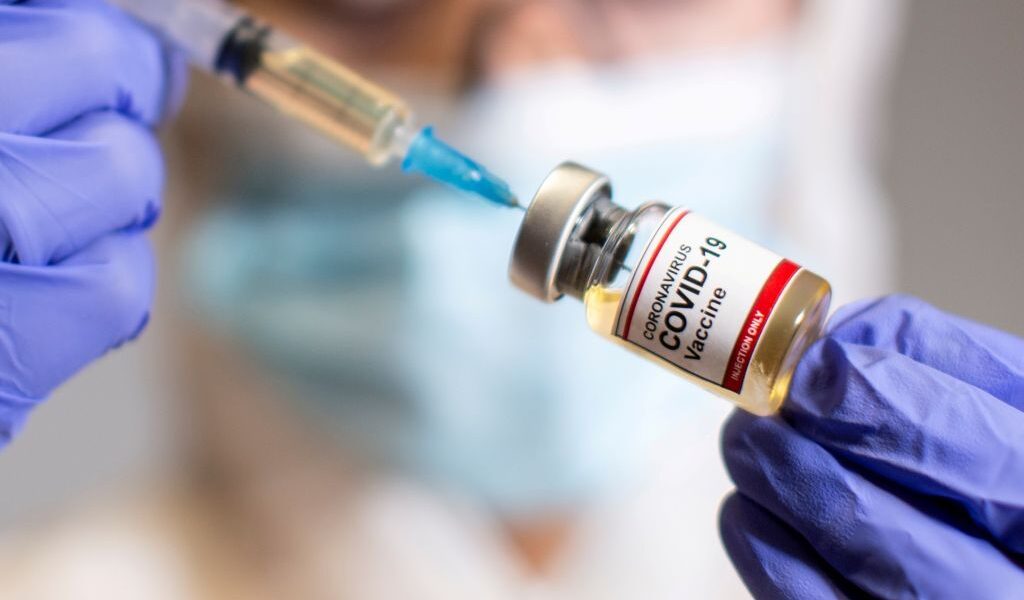
European Commission President Ursula von der Leyen told EU lawmakers on Wednesday that "the first European citizens might already be vaccinated before the end of December."
The commission, the EU's executive arm, has agreements with six potential vaccination suppliers and is working on a seventh contract.
"There’s finally light at the end of the tunnel,” she said. However, member countries must urgently prepare their logistical chains to cope with the rollout of hundreds of millions of doses of the vaccines.
Von der Leyen urged European citizens to continue respecting restrictions, even as the measures harm businesses, further damage coronavirus-ravaged economies and put people through social and mental hardship.
“With nearly 3,000 deaths a day, COVID-19 was the number one cause of death in the EU last week. Hospitals remain under stress, and in some regions some intensive care units are overwhelmed," she continued.
“We must learn from the summer and not repeat the same mistakes. Relaxing too much is a risk for a third wave after Christmas,” von der Leyen said, adding that “this Christmas will be different, and yes, it will be quieter.”
Greece to remain in lockdown to ‘save Christmas’
Greece’s second lockdown is expected to continue into December.
During an interview with ANT1, Government spokesperson Stelios Petsas pointed out that a more relaxed attitude that existed during the first week of the second lockdown had pushed back the government’s initial plan.
“Therefore, it is not realistic to reopen on December 1, according to the data that the experts analyse every day and then advise us. The epidemiological burden is still high at the moment, so it does not seem realistic to open everything on December 1,” he said.
Lockdown measures would gradually be lifted, “first with those activities that have a lower epidemiological burden, such as schools for example, followed by the retail sector and, gradually, other sectors,” he added.
Petsas also underlined that as long as the lockdown continues, residents must follow the measures to reduce the epidemiological burden. “We have to do what we all know well, listen to the experts, limit our movements, keep our distance where possible.”
Furthermore, infectious disease pathologist Charalambos Gogos said efforts were being made by health authorities and the government to ‘save Christmas in the midst of the pandemic’.
“At the moment, the curve of the epidemic seems to have flattened. The Rt (virus reproduction rate) is at 1, and the positive rate of laboratory tests is close to 10-12%,” he said during an interview on SKAI, adding that “this week is crucial.”
“We will wait to see a stabilization of epidemiological indicators, and we hope that next week there will be a drop in the epidemic curve.”
Latest covid-19 numbers in Greece
Greece recorded 2,152 new cases of COVID-19 in the latest 24-hour reporting period.
This raises the total number of cases to 97,288.
4,849 are considered to be related to travel from abroad and 25,291 are related to an already known case.
Five hundred and ninety-seven individuals are in ICU. Their median age is 66 years, and 170 of them are women. 81.6% have an underlying condition or are aged 70 years and above.
A total of 505 patients have been discharged from ICUs since the start of the pandemic in Greece.
The country’s pandemic death toll stands at 1,902. The median age of all was 80 years and 97.1% of the deceased had an underlying condition and/or age of 70 years or more.

